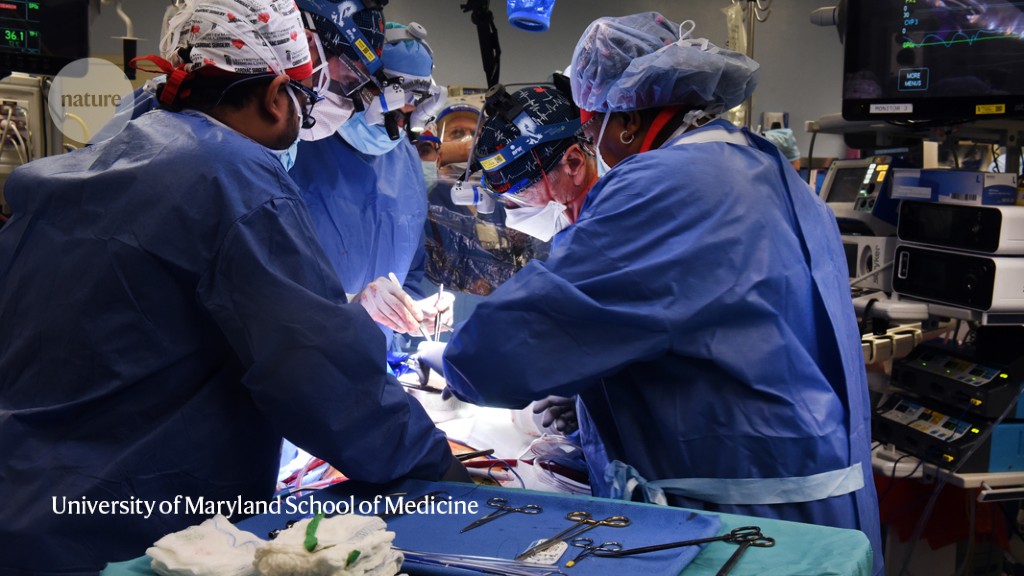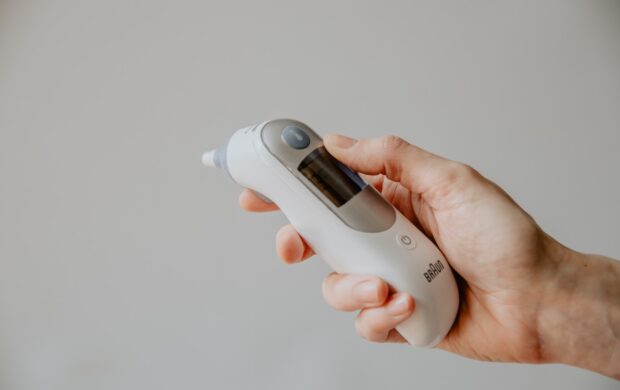Earlier this month, doctors performed a heart transplant on a patient using a heart from a pig. The animal had been genetically modified to ensure the organ would not be rejected post-surgery.

Previously, the only ‘xenotransplantations’ (the act of transplanting animal organs into humans) that had occurred was using kidneys from the same set of GM pigs in two legally dead people – the surgery was a success.
So what?
For some transplant recipients, there are other procedures such as dialysis, which can forego the need for such a risky and novel surgery. Furthermore, the process of ‘using’ animals to benefit humans will certain raise questions about the ethics and morality of the situation.
However, there is no disputing that successful xenotransplantations would have a positive impact for those on long waiting lists. Currently, the procedure is highly experimental and expensive – but could this be the future of transplants? Will we be seeing animals farmed for both food and organs?


















Join discussion